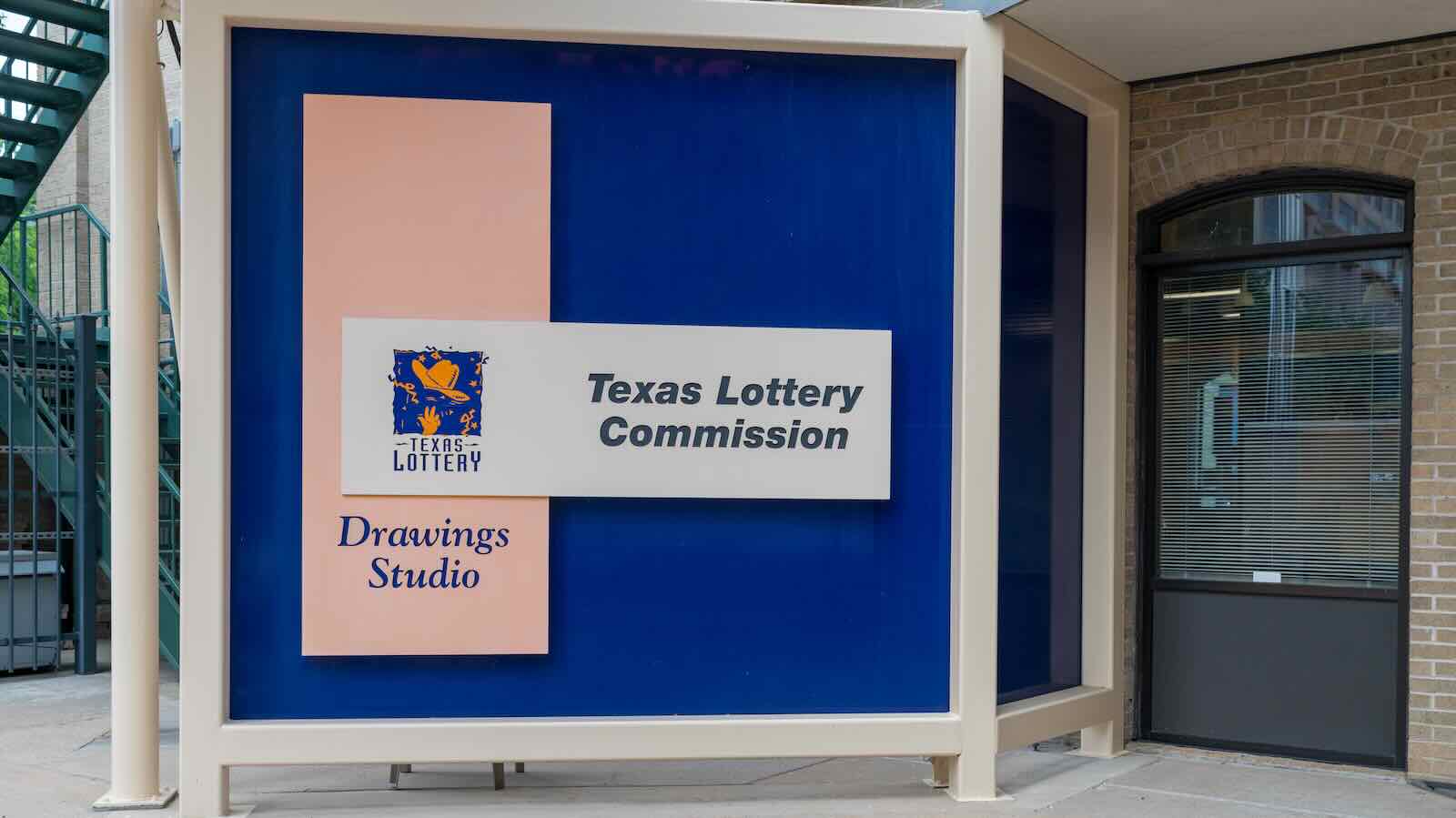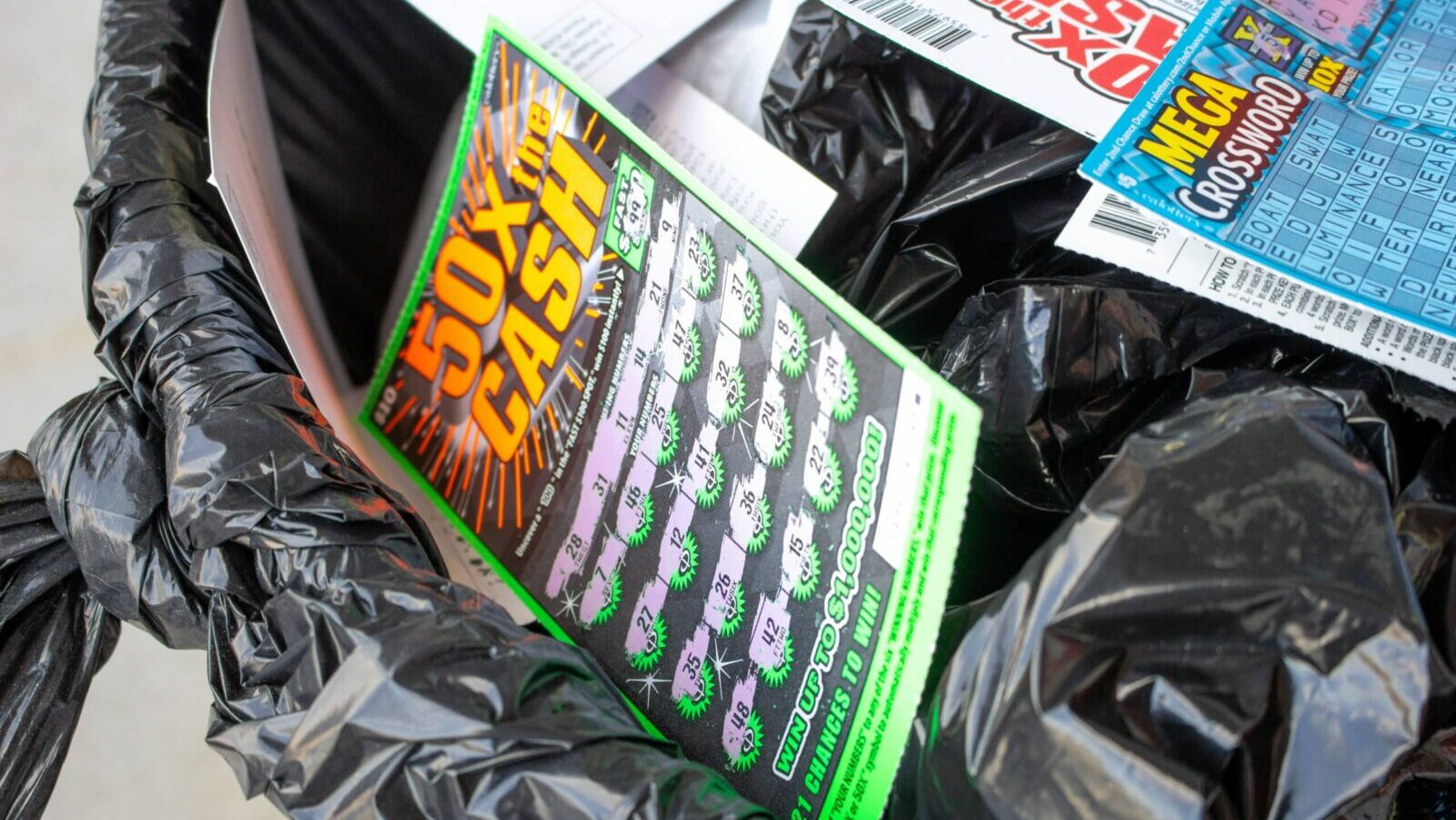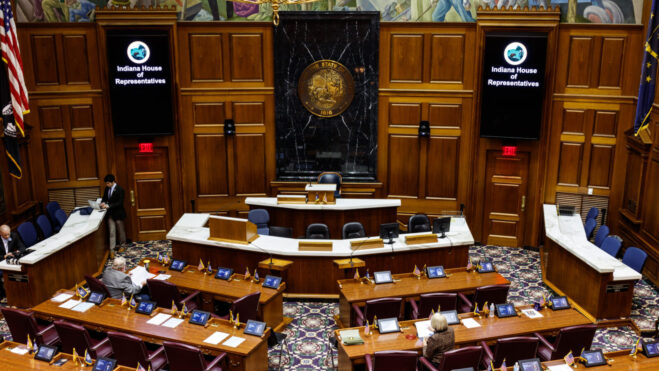Texas Lottery Commission Allegedly Helped Facilitate $95 Million Jackpot Win Amid Controversy
Research suggests that the Texas Lottery Commission played a role in facilitating a controversial series of lottery ticket purchases in 2023.
2 min

The Texas Lottery Commission (TLC) is facing scrutiny after revelations that it may have helped facilitate a single buyer, or group of buyers, in securing the massive $95 million Lotto Texas jackpot last year. The winning strategy involved purchasing nearly every possible number combination in the draw, raising concerns about fairness and the Commission’s commitment to regulatory oversight.
The scheme unfolded in April 2023, as Lottery Geeks previously reported, fueled by a record-breaking jackpot that had accumulated for months. The TLC, which closely monitors ticket sales, noticed an unprecedented surge in purchasing activity.
According to Eric Dexheimer, an investigative journalist with the Houston Chronicle, then-TLC Executive Director Gary Grief described the sales in the days leading up to the April 22, 2023, draw as “through the roof.” Records show that sales exceeded 28 million – a significant jump from the typical 1-2 million tickets sold.
While purchasing all possible combinations is legal in Texas, some observers argue that it creates an unfair advantage for such high-volume buyers. Regular players are left competing for a diminished prize pool, essentially unaware they’re not playing for the full advertised jackpot, with the jackpot almost assuredly set to be claimed by an organization operation.
Dubious Purchases
Documents reveal the agency readily fulfilled last-minute requests for additional lottery terminals from retailers affiliated with the large buyer. These retailers, including an Austin-based outlet owned by Lottery.com, had been inactive for months, raising questions about their eligibility for such equipment.
Furthermore, the Commission appears to have overlooked irregularities during Lottery.com’s license reactivation process. State regulations mandate that lottery retailers conduct business beyond just ticket sales and maintain accessible storefronts. Neither of these conditions seems to have been met by Lottery.com during the critical buying period.
Adding to the concerns, Lottery.com’s sweep account, used for weekly commission payments, was reportedly closed. This meant the agency had to invoice the company after the draw instead of efficiently collecting their share.
Public records indicate Lottery.com had previously admitted to violating state lottery laws and ceased operations due to financial constraints. Lawsuits reveal unpaid bills and ongoing investigations into former executives’ financial activities. The Commission claims it was unaware of these issues.
No Harm, No Foul
The TLC maintains that its actions followed standard procedure. Yet the question looms: why did the agency engage in high-dollar business with Lottery.com, a company facing significant financial and legal troubles?
The buyer at the center of the controversy, identified as Rook TX LLC, remains anonymous as Texas law allows for jackpot winner anonymity. However, a recent court filing reveals Lottery.com aimed to be a facilitator for wealthy investors seeking to exploit such mathematically advantageous lottery draws.
This isn’t the first instance of such tactics. In 1992, a buyer group similarly targeted the Virginia lottery, and in 2005, a group of Massachusetts players exploited a loophole in a “roll-down” game. Both situations raised concerns about fairness and exploited loopholes, but ultimately concluded without legal repercussions.
The Texas case, however, differs due to the TLC’s apparent involvement. An ongoing audit of the agency highlights a history of prioritizing profit over robust regulation. This, coupled with the specific actions taken to facilitate the jackpot win, raises serious questions about the integrity of the Texas lottery system.
Moving forward, the TLC could face pressure to implement stricter regulations and oversight to prevent similar occurrences. Despite the lottery agency’s attempts to shrug off the lack of compliance with its own regulations, it’s likely this story hasn’t yet reached its final chapter.








